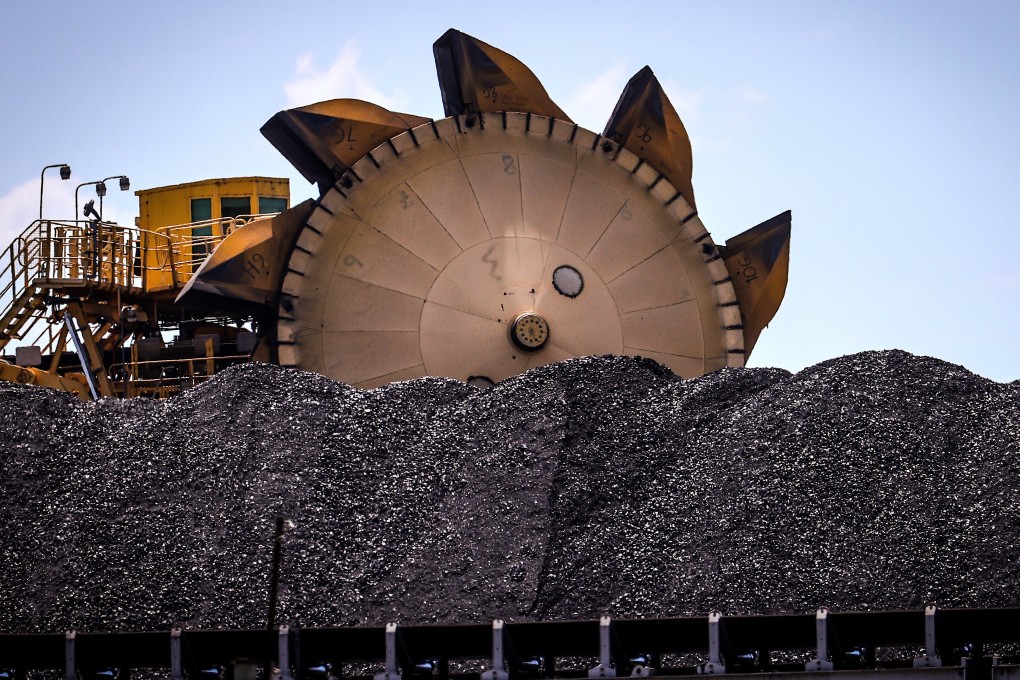Advertisement
China-Australia relations: as demand for coal surges, how long can Beijing keep banning Australian supply?
- In recent weeks, dozens of open-pit mines in Inner Mongolia have renewed land approvals, looking to mine coal from previously restricted land to meet demand
- Australian treasurer says most coal exports that used to go to China have been redirected elsewhere
Reading Time:4 minutes
Why you can trust SCMP
58

China’s coal supply looks to remain tight and prices will stay elevated in the next six months as the country’s own production – coupled with curtailed imports such as those from Australia – will be unable to meet China’s rising demand for the raw material, according to analysts.
And that demand is raising questions about how long China can afford to continue banning coal from Australia.
Even as China’s steel production has cooled down in the past two months, the price of coking coal – which is mixed with iron ore to make steel – has remained relatively high.
Advertisement
For instance, it exceeded 4,000 yuan (US$620) per tonne in some parts of coal hub Shanxi province last week – a surge of more than 45 per cent since the beginning of August, according to Kaiyuan Securities.
Chinese producers usually start to hoard coal from mid-October, but given that the prices have been rising recently, they will start to hoard earlier this year
And the price of thermal coal, which is used to generate electricity, hit a record last week amid power restrictions in Guangdong, Yunnan, Jiangxi and Hunan provinces.
Advertisement
Advertisement
Select Voice
Select Speed
1.00x